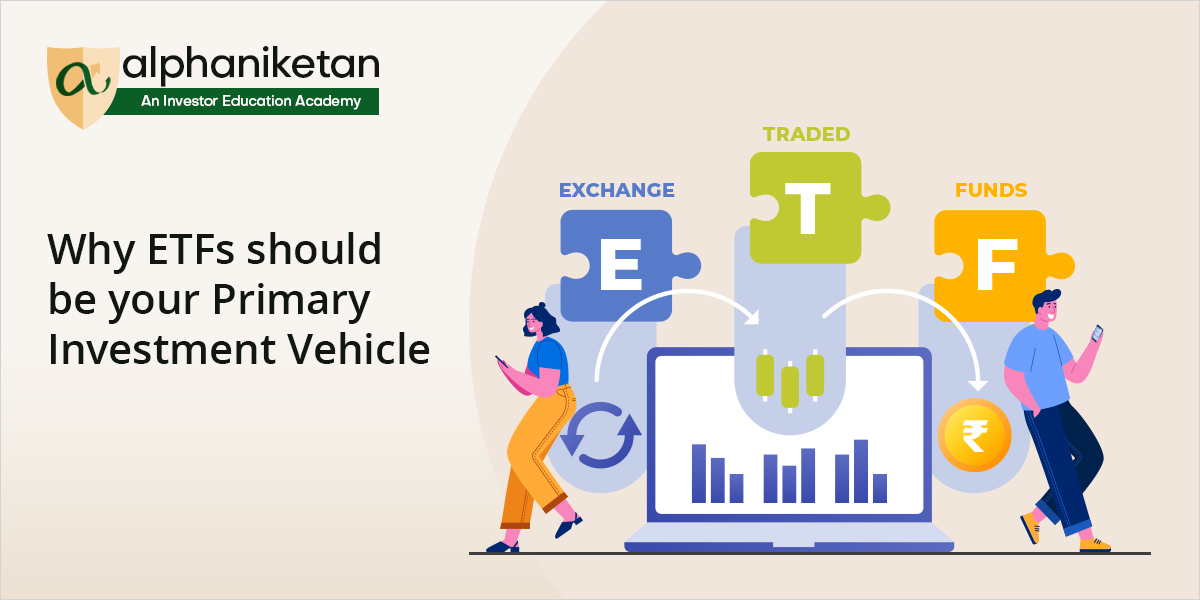Stock market investing is all about discipline and consistency. The ‘discipline’ is needed for you to curb your expenditure and create an investment surplus. The ‘consistency’ is for you to regularly channel that surplus into asset classes.
Exchange-traded funds (ETFs) are attracting attention. ETFs are also called index funds. They are a passive form of investing where a fund manager generates a return in-line with the underlying index like an S&P BSE Sensex or NSE Nifty. The money managed by NSE Nifty-related index funds has topped Rs 2 trillion, according to one report that quotes the data from the National Stock Exchange. The pace of that journey was even more astounding. The milestone of Rs 2 trillion assets under management or AUM from Rs 1 trillion was reached in just 20 months. A primary driver for that boost in the AUM is the money from the employee provident fund. So, most of you are indirectly investing in ETFs. You may not be aware that your money is finding its way into the most attractive asset class in the country.
Despite the surge, fewer individuals are investing in ETFs. According to the latest data from the Association of Mutual Funds in India, ETFs account for about 11% of the total assets under the management of Rs 37 trillion. Individual investors allocate only 1.32% of their investments through mutual funds to ETFs directly. That is due to poor awareness and the presence of ‘alpha’ in diversified equity funds. You are happy to pay for generating the ‘Alpha’ or outperformance when investing. However, that applies to a discerning investor who regularly knows the big picture. You must seek outperformance if you are willing to learn about price movements across companies’ share prices. However, you may or may not be up to speed with the latest developments in global finance. Investing through ETFs allows you to generate a steady return that can help you beat inflation consistently. For example, if you look at the performance of the BSE Sensex for 20 years from 1980 to 2000 and then for another 20 years from 2000 to 2020, the index has multiplied 14 to 15 times on an average over 20 years. Assuming that your saving years are from 25 to 50, you can earn that steady return by regularly investing through ETFs.
If you are a new investor or just started work, ETFs have to be your vehicle in the investment world. That matters even more if you are a non-finance person. The story of ETFs or index investing began in America. John C Bogle, the founder of Vanguard, a global investment firm, is considered a pioneer. He oversaw a firm that manages assets worth over $ 5 trillion today. He passed away a couple of years ago, leaving behind a legacy of wealth creation for American middle-class households. India is witnessing a revolution in digital finance. The evolution of new technologies as enablers is creating a ‘Vanguard’ opportunity for new investors. Index or ETF investing has helped American households since the 1970s. There is no reason why it cannot help you. At Alphaniti we help you build smart ETF portfolios – visit www.alphaniti.com
References:
Thank you for reading this post, don't forget to subscribe!



